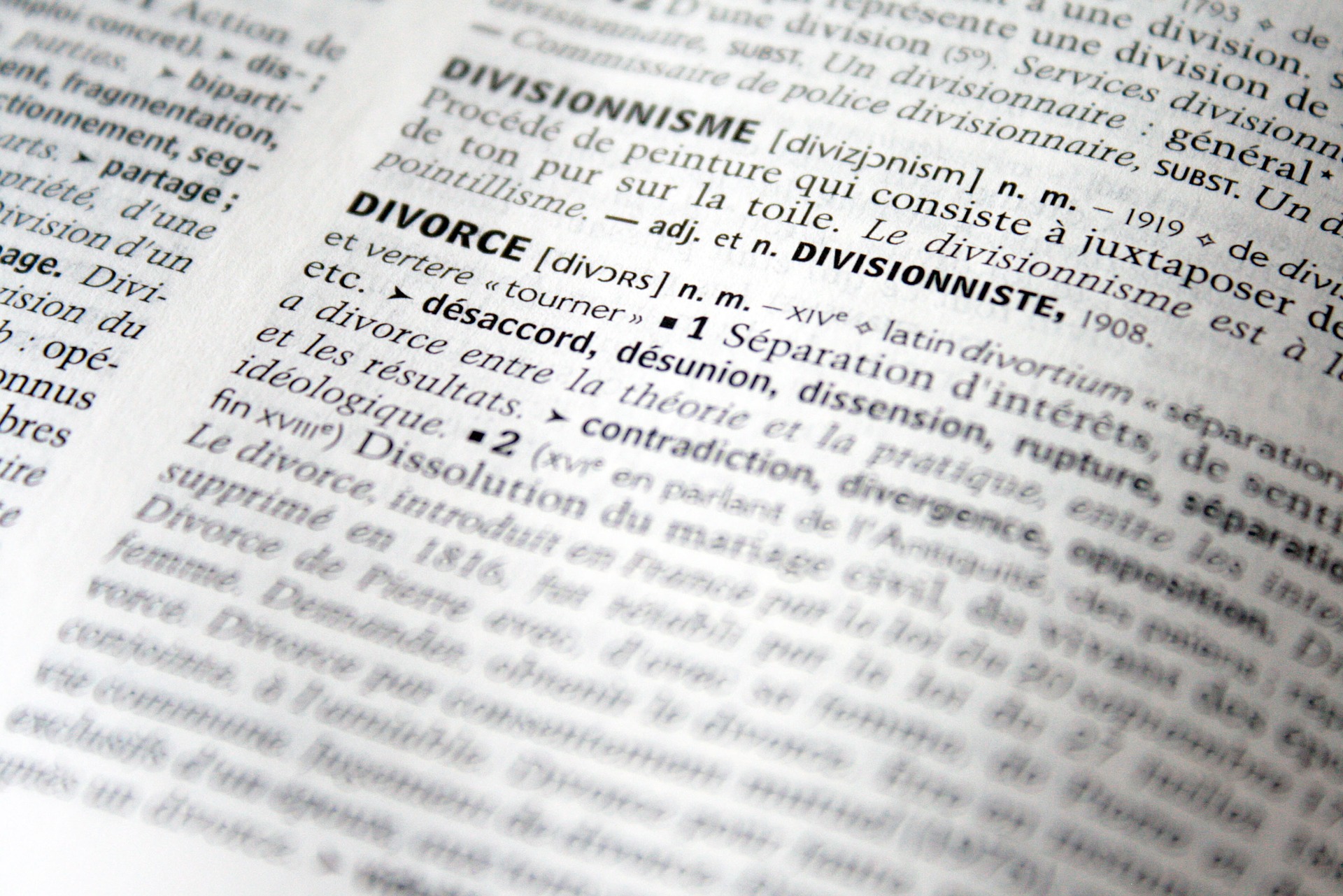© 2024 Law Office of Sarina Gianna, LLC.
All rights reserved. Attorney advertising.

What is Equitable Distribution?
The most difficult time in any relationship is when a couple realizes they have no other option but to file for divorce. Divorce is a complicated, emotionally-charged process, and when people get a divorce, they very often do not know what they are getting into. Unfortunately, divorce can be an emotionally and financially draining process, especially if a couple cannot settle their differences through mediation. When a divorce falls into litigation, the court must determine how assets will be divided. Unfortunately, most of the time “equitable” does not mean “equal,” rather, it means a fair and just division of assets in the eyes of the court. This is why it is extremely important a divorcing couple educates themselves and hires experienced attorneys who will fight to protect their assets during the litigation process. If you are getting a divorce in the state of New Jersey, here are some of the questions you may have:
What is the difference between marital and separate property?
Essentially, before your assets are divided, the court must determine which assets are marital and which are separate assets. Generally, marital property is considered the assets that were acquired during your marriage, such as a home. On the other hand, separate property is defined as assets that were not technically a part of the marriage, such as personal gifts or inheritance. Separate property is usually ineligible for equitable distribution.
How will courts determine who is entitled to assets during equitable distribution?
Several factors come into play when determining who gets what in a divorce. For example, courts will consider each spouse’s health, tax consequences, age, economic status, debts and liabilities, whether a spouse contributed to the education, training, or earning power of another spouse, and more. Additionally, if you or your spouse own a business, this will most likely be factored in as well.
Can I protect my assets from equitable distribution?
Fortunately, there are things you can do to protect your assets. First, you and your spouse may draft a prenuptial agreement. This is a document drafted before marriage, which details each spouse’s assets and what will happen with them in a divorce, ultimately protecting each party’s hard-earned assets. If you are already married, you may draft a postnuptial agreement, which, though it essentially functions the same as a prenuptial agreement, it is drafted after your marriage is already official.
Contact our experienced New Jersey firm
Matters of divorce and family law require the attention and skill of an experienced attorney who will fight for your future. If you need a divorce and family law attorney in Ocean County, New Jersey, contact the Law Office of Sarina Gianna, LLC today to schedule a consultation.
